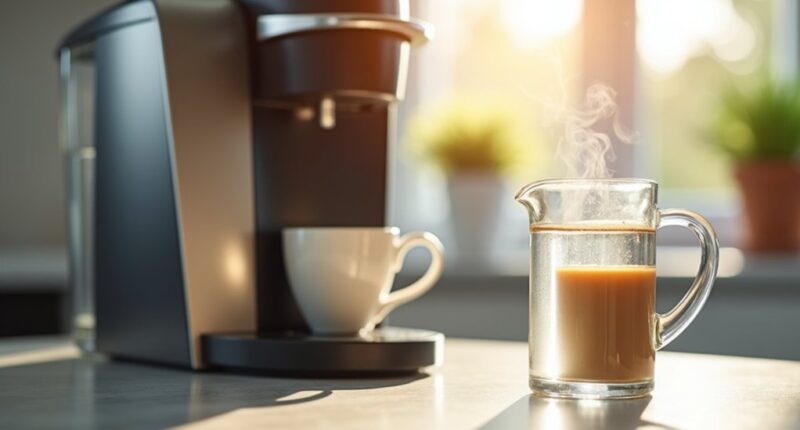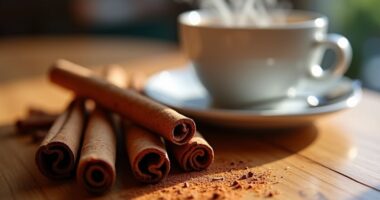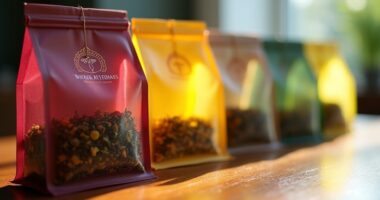Using distilled water in your Keurig isn’t a great idea, my friend! It can mess with the machine’s sensors, leading to error messages and weird brewing results. Plus, your coffee will taste flat—like, “where’s the flavor?” flat. The minerals in regular water help extract those rich coffee flavors that make your mornings magical. So, opt for filtered or mineral-rich water instead! Stick around, and you’ll discover more about keeping your coffee game strong!
At a Glance
- Distilled water lacks minerals, which are essential for the proper operation of Keurig machine sensors.
- Using distilled water can trigger error messages and lead to incorrect water level readings in the machine.
- Coffee brewed with distilled water tastes flat and lacks flavor complexity due to the absence of essential minerals.
- Regular maintenance issues, like scale buildup, can be exacerbated by using distilled water, affecting machine efficiency.
- For better coffee flavor and machine health, bottled or spring water with minerals is recommended.
Understanding Distilled Water
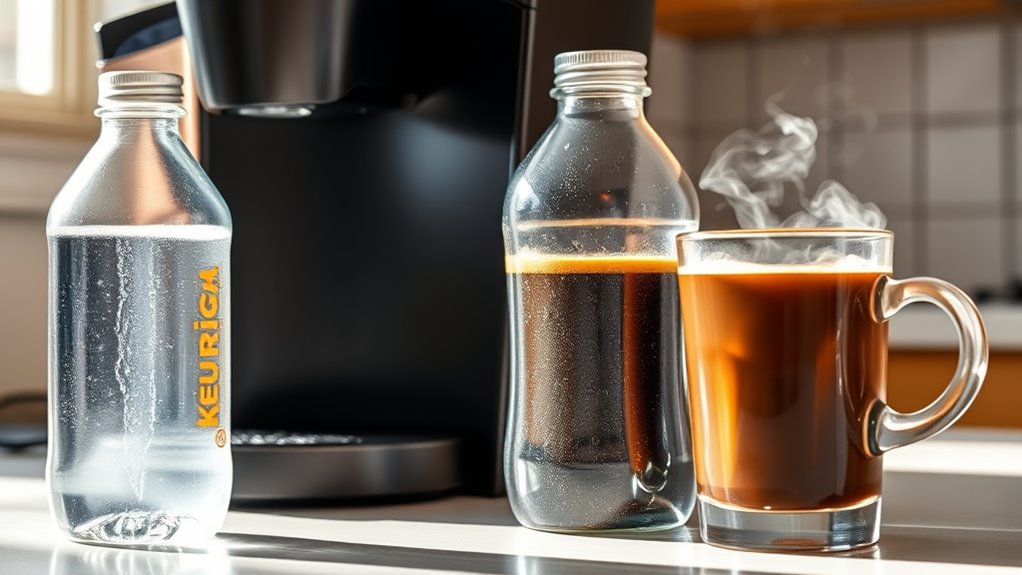
When you think about water, you might picture that clear, invigorating drink you grab on a hot day, but have you ever heard of distilled water?
It’s not just any water; it’s pure, lacking minerals because it’s boiled and condensed. That means no funky tastes or contaminants. You’d find distilled water in medical settings, labs, and even automotive batteries—pretty cool applications, right?
But remember, it can taste a bit flat. If you’re using it in your Keurig, you might miss the minerals that make your coffee pop! Using water with minerals is essential for enhancing the flavor profile of your brew, so just keep that in mind for your next coffee experience.
Impact on Machine Functionality
Using distilled water in your Keurig might seem like a smart choice at first, especially since it’s pure and free of those pesky minerals that cause scale buildup.
But hold on! Here’s why it might backfire:
- Sensor Functionality: Your Keurig’s sensors need minerals to work properly.
- Machine Errors: Distilled water can trigger annoying error messages.
- False Readings: Incorrect water level readings might confuse your machine.
- Inconsistent Brewing: You could end up with unpredictable coffee results.
Additionally, using an automatic coffee grinder can enhance the flavor of your brew by ensuring fresh grounds, which is especially important when using filtered water.
Taste and Coffee Quality Concerns
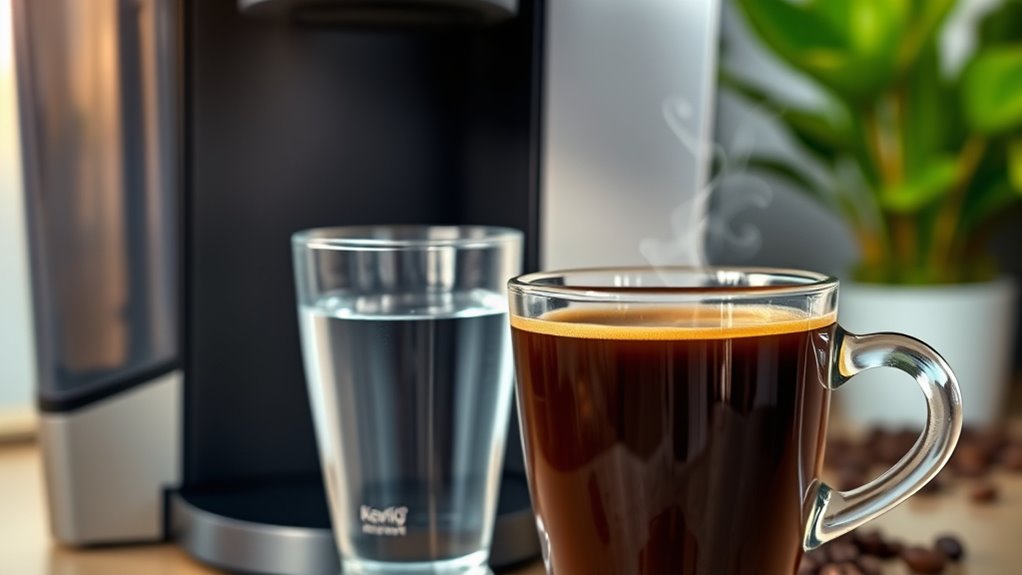
Let’s face it, the joy of brewing a cup of coffee can quickly turn sour if the flavor’s just not there. Using distilled water can leave your brew tasting flat and lifeless.
Those essential minerals—like magnesium and calcium—are missing, meaning your coffee lacks that delicious flavor complexity. You might notice a thin body and a sharp taste, rather than the rich taste profiles you crave.
Even coffee pros agree, it’s not the way to go. So, if you want to sip something special, stick with mineral-rich water. Your taste buds will thank you! Additionally, brewing methods that enhance flavor, such as cold brew methods, can further improve your coffee experience.
Who wants boring coffee, right?
Scale Buildup and Maintenance Issues
Here is the revised content with the new sentence added:
If you’ve ever found yourself waiting impatiently for your Keurig to brew, only to discover it’s sputtering like an old car, you might be dealing with scale buildup.
Here are some handy maintenance tips to keep your machine running smoothly:
- Use filtered water with minerals for balance.
- Regularly descale your Keurig to prevent clogs.
- Clean spray needles to avoid blockages.
- Monitor water flow and address issues promptly.
Using bottled or spring water is essential for maintaining the optimal flavor and health of your machine. Scale prevention is key, and keeping up with these tips helps guarantee your beloved coffee maker stays in tip-top shape.
Don’t let scale ruin your coffee time!
Health and Safety Risks
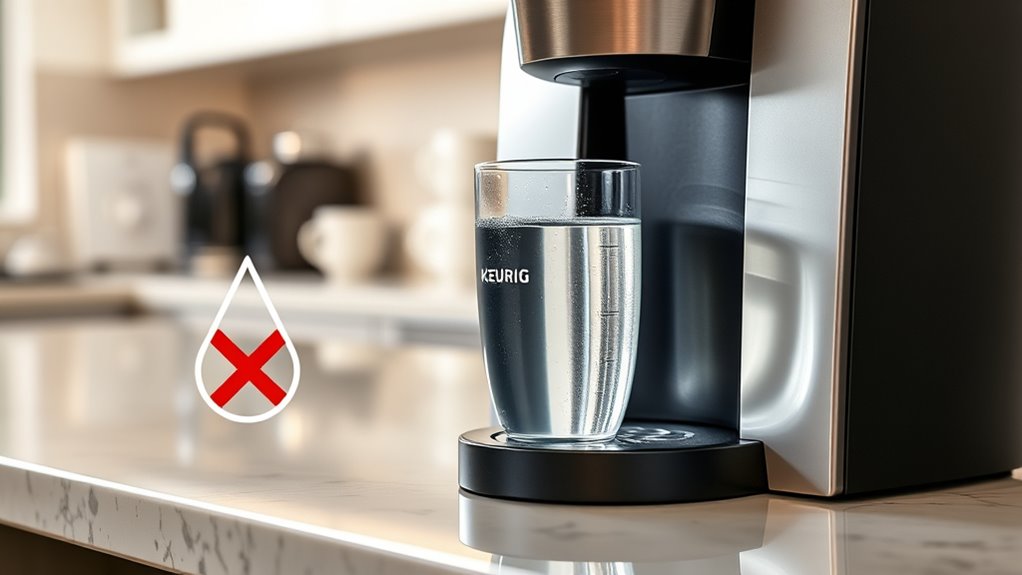
While you might think distilled water is the purest choice for your Keurig, it’s not all sunshine and rainbows when it comes to health and safety.
Regularly sipping on distilled water can lead to some serious health risks, like mineral deficiencies. Without essential minerals, your body might feel exhausted, or worse, cramp up.
If you’re sweating a lot or exercising, it’s even trickier! You could throw your electrolytes out of whack.
Additionally, using distilled water may impact the flavor profile of your coffee, potentially resulting in a less enjoyable experience.
So, while you enjoy that cup of coffee, remember—balance is key! Consider mixing in some mineral-rich water to keep your body happy and healthy.
Cheers to smart sipping!
Optimal Water Choices for Brewing
Choosing the right water for your Keurig can make all the difference in how your coffee turns out. Here’s what to keep in mind:
- Brewing Temperature: Aim for 195°F to 205°F. Too cold? Your coffee’s sad. Too hot? Bitter city!
- Water Hardness: Moderate hardness is your friend. Too hard? Yikes, bitter brew. Too soft? Flat flavors.
- Alkalinity: A balanced pH helps keep acidity in check, making your coffee shine.
- Avoid Chlorine: It can ruin your cup. Use filters to keep that chemical taste away!
- Using the right water can enhance the rich flavors of your ground coffee, elevating your brewing experience.
Get these right, and you’re on your way to coffee greatness!
The Role of Minerals in Coffee Extraction
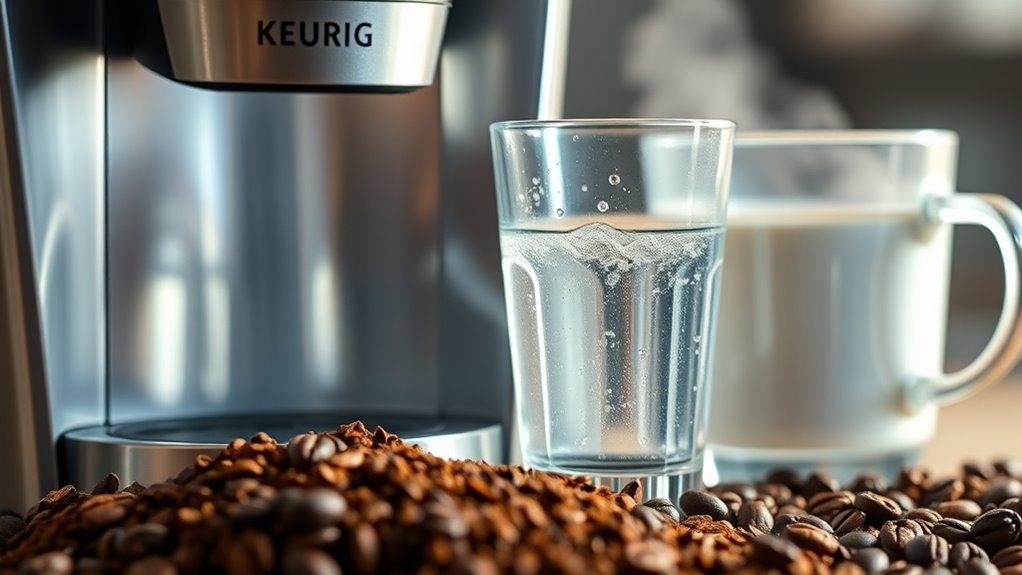
When it comes to brewing that perfect cup of coffee, you mightn’t think about the minerals in your water, but they’re like the unsung heroes of flavor!
Calcium and magnesium are key players, helping extract those rich flavors and enhancing that delightful sweetness we crave. It’s all about mineral balance, folks!
Too much calcium can leave a chalky taste, while excess magnesium might make your coffee bitter.
Potassium and bicarbonates help smooth things out, keeping acidity in check. Additionally, using the right coffee beans can further elevate the taste of your brew, ensuring you enjoy every sip to the fullest.
Third Wave Water and Mineral Additives
If you’ve ever stared at a bottle of water, pondering why it matters for your coffee, you’re not alone!
Enter Third Wave Water—the superhero for your brews. Here’s why it’s a game-changer:
- It’s packed with balanced minerals like calcium and magnesium.
- These mineral ratios help extract all those delicious coffee flavors.
- Just mix one packet with distilled water—easy peasy!
- Say goodbye to flat coffee and hello to sweetness and aroma.
Additionally, using the right water can enhance the flavors of the finest coffee grounds you choose for your brew.
User Experiences and Feedback
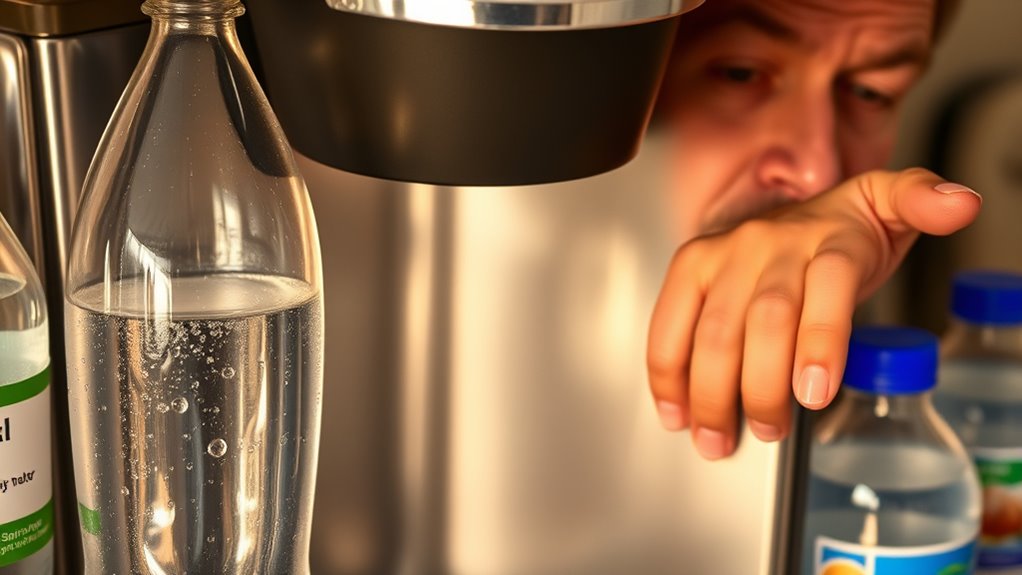
Alright, let’s explore what folks are saying about using distilled water in their Keurig!
User feedback often highlights a common theme: coffee brewed with distilled water tastes, well, kinda flat. Many swear by filtered or bottled spring water for better flavor.
Some users even report weird brewing experiences, like inconsistent cups or machines acting up. Plus, there’s chatter about potential long-term damage to your Keurig, which is a bit scary! Additionally, using distilled water can affect the overall taste profile of your coffee, making it less enjoyable for many users.
Keurig’s Recommendations for Best Practices
Using distilled water might seem like a smart choice for your Keurig, but the coffee experts and the folks at Keurig have other ideas.
Using distilled water may sound wise for your Keurig, but experts recommend against it for optimal coffee flavor.
To keep your machine running smoothly and your coffee tasting great, follow these best practices:
- Use filtered or tap water with some minerals.
- Install Keurig filters in your water reservoir.
- Regularly descale your machine for peak brewing efficiency.
- Avoid distilled water to prevent sensor malfunctions.
These tips help maintain your machine’s longevity and keep your coffee flavorful. Additionally, using filtered water can significantly enhance the flavor of your coffee by ensuring optimal extraction.
After all, you want every cup to be as delicious as possible, right? Cheers!
